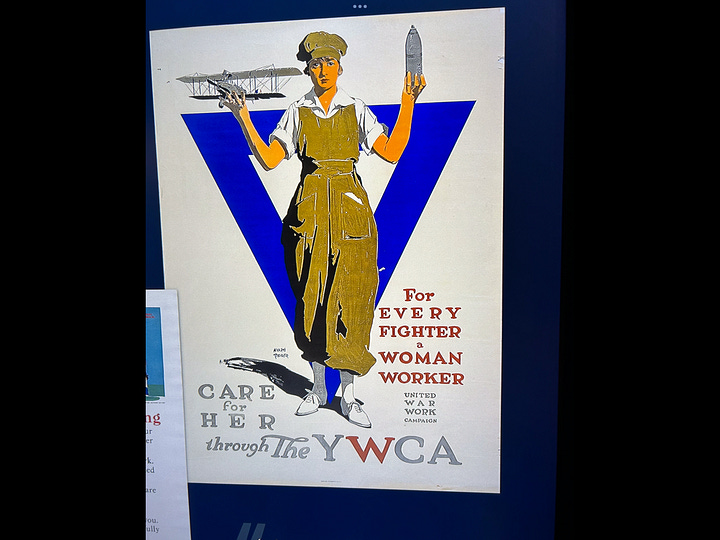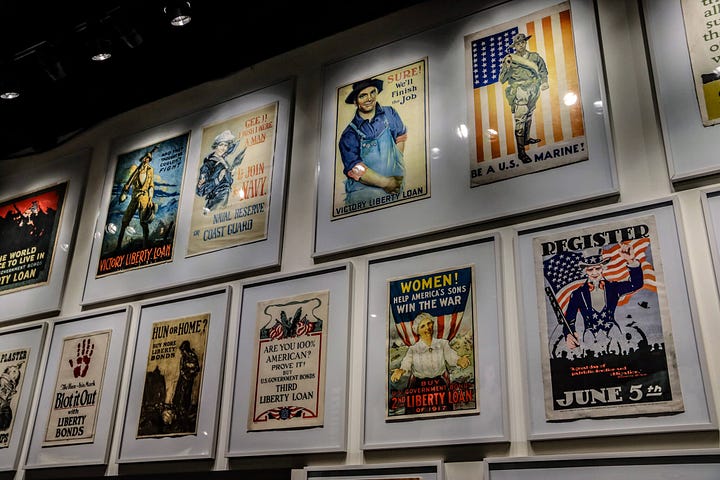



I would not have predicted a year ago that the war in Gaza would still be going on like this a year later, and that not a single other hostage release deal would have been reached since November 2023.
Would not have predicted a year ago that the Syrian dictator Bashar al-Assad would fall.
Would not have predicted a year ago that the Hezbollah chief Hassan Nasrallah and many of its senior leadership would be killed.
Would not have predicted a year ago that the Iranian president and foreign minister would be killed in a plane crash, and basically the old Zarif team would be back in power in Iran.
Would not have predicted a year ago that a kind of coup/counter coup would be ongoing in South Korea.
A year ago, could see as a possibility—a grim one—but not at all as a certainty, that Trump would be preparing to re-assume the presidency this month.
Would have predicted that the Ukraine/Russian conflict would be continuing something like it is.
“If we think of the world’s future, we always mean where it will be if it keeps going as we see it going now,” Ludwig Wittgenstein wrote in 1929, according to Drew Lichtenberg’s essay on Tom Stoppard’s play Leopoldstadt, which I saw last month at the Shakespeare Theater Company. “It doesn’t occur to us that it is not going in a straight line but in a curve, constantly changing direction.”
The prosperous Jewish extended family Stoppard portrays gathering in an apartment in Vienna in 1899 has assimilated and more traditional members assessing what seem like greater opportunities for intellectual, professional and social advancement in the glittering, turn of the century capital of the Austro-Hungarian empire. But the future does not keep going as it had recently been progressing ‘til then.
Later acts, in 1924, show the family’s declining fortunes in post World War Vienna—there is no longer an Austro-Hungarian empire; and in 1939, the family’s persecution by the Nazis. All portrayed from the same Viennese apartment.
The persistence of uncertainty
“The beauty of mathematics has a compelling role to play in Leopoldstadt, but Stoppard’s career-long affection for mathematics reveals a more ambitious agenda,” mathematician Stephen Abbott wrote in a 2023 piece about the playwright in LitHub. It engages “in an ongoing debate that takes many forms: Is the universe ordered in some way , or is it random?” […]
“What might be surprising is that Stoppard most often employs mathematics in defense of the irrational or divine side of this equation,” Abbott continued. “Whether it’s Zeno’s paradoxes in Jumpers, the mathematics of the atom in Hapgood, chaos theory in Arcadia, or Godel’s Theorem in The Hard Problem, mathematics is most interesting to Stoppard when it is being invoked to argue for the persistence of some degree of uncertainty.”
Got to visit the incredible World War I museum in Kansas City over the winter holidays. And was thinking about much of this, how economic, technological, political developments meant the world order as it existed when it entered the war was not the same as what emerged from it (including the rise of the United States itself as a world power; astonished to have learned that in February 1917, two months before the United States entered the war, it had only 133,000 army troops in the entire country. By June 1917, more than 9 million American men had enlisted.)
Highly recommend a visit there if you can go.
Some European diplomats who have been engaging with Republican interlocutors in advance of Trump’s inauguration report that they were pleasantly surprised in their meetings to hear more support for Ukraine than they expected.
“It's important to say to the new administration that the Europe that they will meet now is very different than the Europe they met eight years ago,” Lia Quartapelle, Chairman of the Italian Foreign Affairs Committee, told journalists on a visit to Washington in December as part of a delegation of European parliamentarians urging support for the defense of Ukraine. “We’ve done a lot in terms of energy.”
“I had ideas before coming here to find a very… tense situation. …But that's not what we found,” she continued. “We found the…the availability to discuss things, starting with the continuation of support to Ukraine, which is what surprised us.”
Another senior European diplomat said they were trying to engage with incoming Trump administration advisors on Ukraine, in particular to warn that a bad ceasefire agreement would be a recipe for continued conflict and instability. “To avoid that situation, where it’s coming again and again and again, we need to think about security guarantees.”
“We are absolutely not sure as we speak, that the Russians are really committed to a negotiated solution,” the official, speaking not for attribution, said. “Putin has always said, and continues to say, that the goals have not changed. Which means not only demilitarization of Ukraine, Ukraine not being part of NATO, but also…Ukraine which does not have the ability to defend itself…and a Kyiv which would abide by Russian [dictates] and mindset.”
The upshot for me is, as we enter 2025: I am trying to keep an open mind. To filter out some of the noise, including from and about Mar-a-Lago. And watch things a bit more deeply.
Wish you and yours good health, happiness, peace and security in the new year.
**
(Photos of propaganda posters from after the United States entered World War I in 1917-1918, from the National World War I Museum and Memorial in Kansas City, Missouri.)


